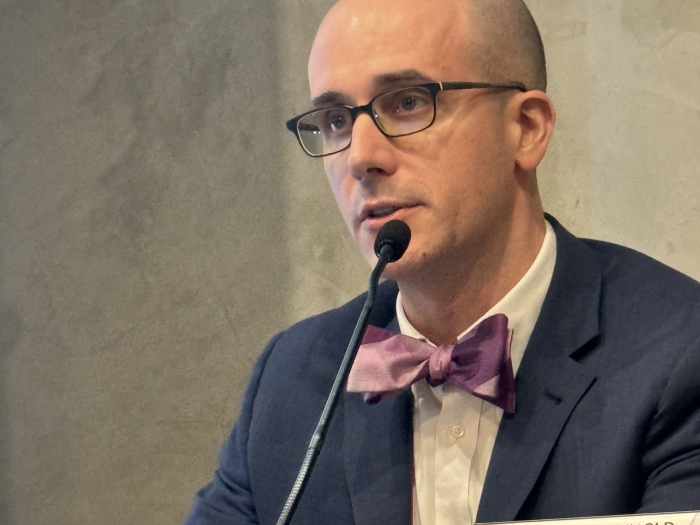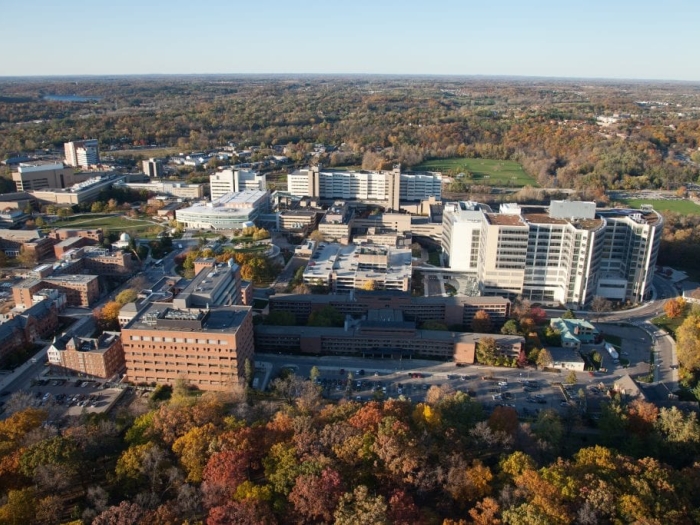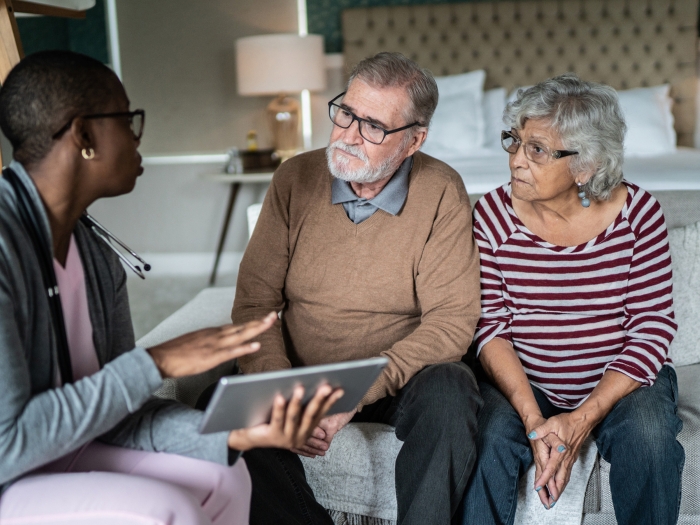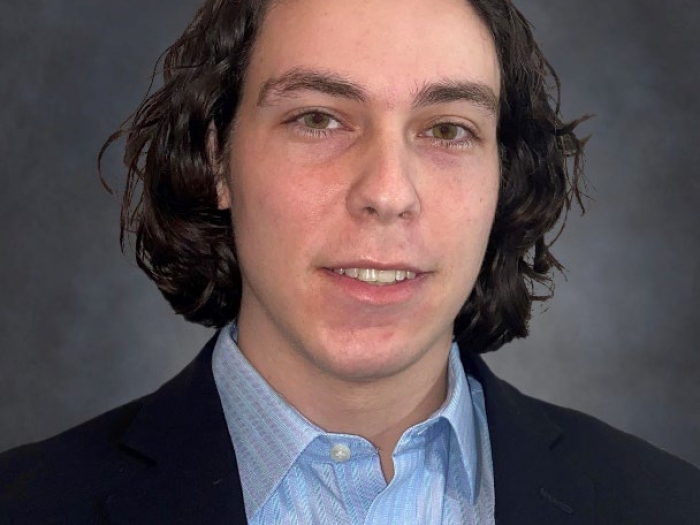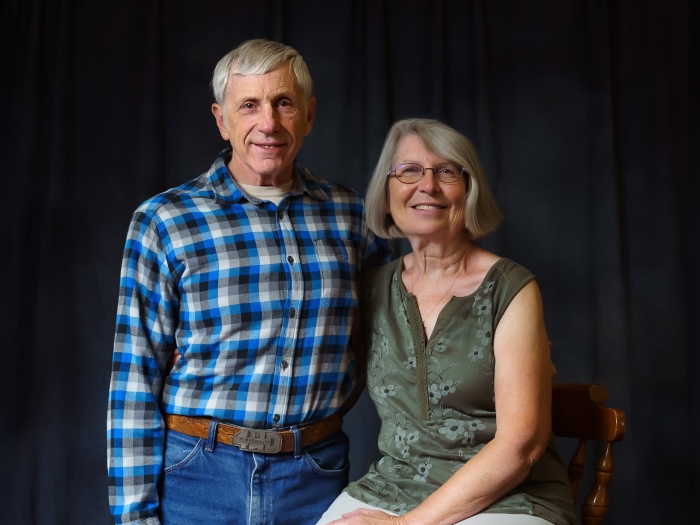Hello!
The M1s are now 3 weeks into our Cardiovascular & Respiratory sequence, and overall our class has really enjoyed the variety and clinical applications presented throughout the course. We've had some incredible lecturers, including Dr. Robert Bartlett (inventor of the incentive spirometer and also PI of the lab that invented the ECMO heart-lung machine), as well as a very eye-opening Multidisciplinary Conference on heart failure, which featured a series of three short talks by a pathologist, cardiologist, and cardiothoracic surgeon followed by a presentation by a patient who had a very successful heart transplant just two months prior. In anatomy, we've now removed the heart and lungs from our donors and closely examined the intricacies that were so foreign to us just a few weeks ago. We also learned how and where to listen to the heart, and learned a bit about different heart sounds throughout the sequence (much more to come M2 year!), which allows us to intelligently use the stethoscopes we've been storing since our White Coat Ceremony. This seamlessly leads me to the second part of this post...
This past Saturday, I volunteered at the UM Student-Run Free Clinic for the first time. Each pre-clinical student (M1/M2) is paired with a clinical student (M3/M4), and your team sees 3-4 patients during the afternoon. I was able to successfully take each patient's vitals, and these were truly important baby steps toward taking care of patients. We learned during our first Clinical Foundations of Medicine week how to interview a patient and organize a History of Present Illness, and it was a challenging but rewarding experience really applying this new skill in a clinical context. Any holes I missed were filled in by my clinical student mentor, and the two of us presented each patient to one of the attending physicians also volunteering at the clinic that afternoon. The physician completed the consult alongside our medical student team, and we helped review instructions & prescription medications with each patient prior to discharge. Admittedly, "playing doctor" was a bit more nerve wracking than I first imagined, but with more experience in our Standardized Patient Program (part of CFM) combined with learning from the amazing mentors we have at UM, I can keep working toward the exciting prospects of M3 year!
-Andy

Department of Communication at Michigan Medicine
Want top health & research news weekly? Sign up for Health Lab’s newsletters today!
